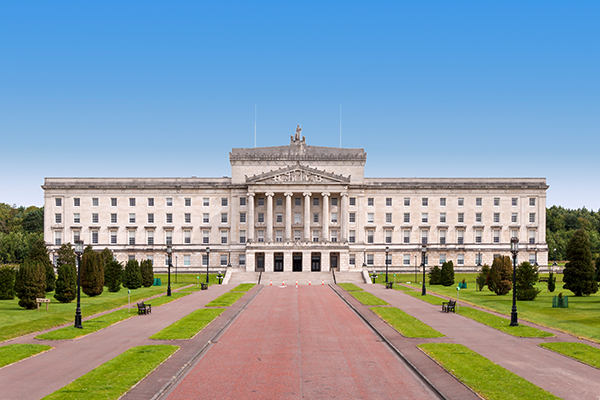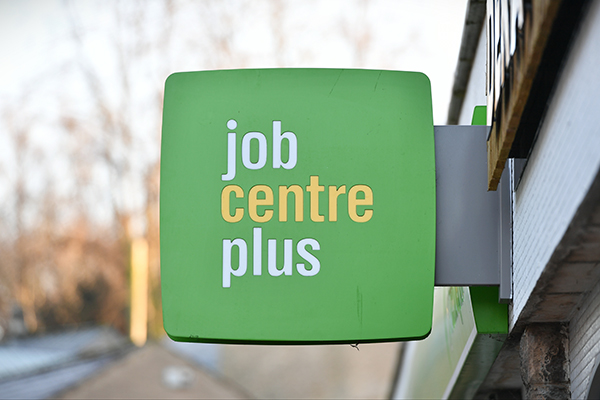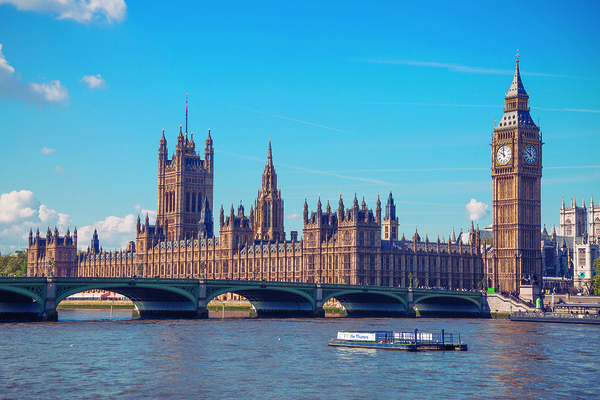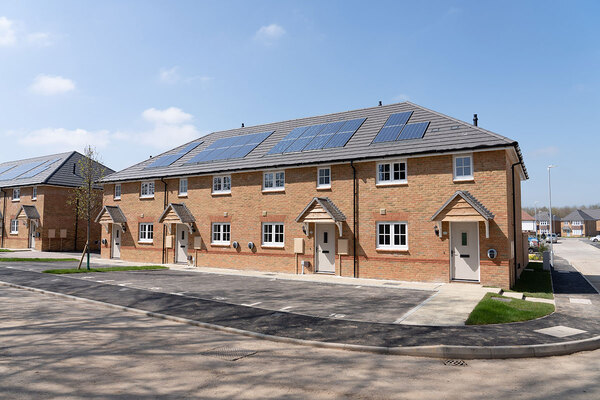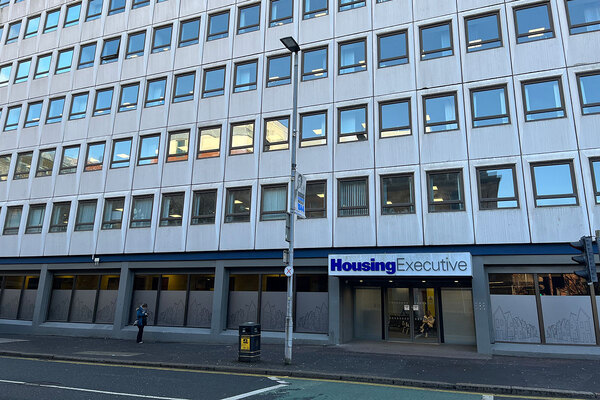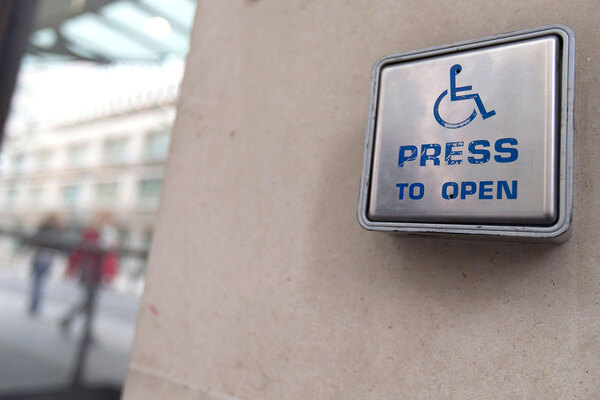You are viewing 1 of your 1 free articles
Labour claims symbolic victory in Universal Credit vote
Labour claimed a symbolic victory at the end of a heated debate in parliament last night over the roll-out of Universal Credit.
Theresa May ordered her MPs to abstain from the non-binding vote, but Labour forced the vote which resulted in 299-0 voting in favour of a pause to the roll-out of Universal Credit.
There has been growing concern from charities, the housing sector and MPs that the six-week wait for the first payment is pushing some claimants into debt.
Debbie Abrahams, shadow secretary of state for work and pensions, kicked off the debate.
She said: “The average arrears for people on UC [Universal Credit] in Greater Manchester in social housing is £824 compared with £451 for non-UC payments and is already having an impact on rising evictions and homelessness, and that doesn’t even cover the private rented sector.”
But David Gauke, secretary of state for work and pensions, said: “We are seeing improvements in terms of payment timeliness… so the reasons for increased rent arrears won’t necessarily apply.”
Stephen Crabb, previous secretary of state for work and pensions, said Labour since 2010 had “set their face against welfare reform… to defend an outdated system that trapped people in poverty and worklessness for years”.
Southwark Council, which is a pilot area for the full Universal Credit service, has had “many” residents waiting longer than 12 weeks for their first payment, Labour’s Neil Coyle said.
Labour MP Angela Eagle said people are being “driven into destitution” by Universal Credit.
Jessica Morden, Labour MP for Newport, said housing associations are “doing all they can” to help tenants and are seeing a “real heavy demand” on their advice services.
Conservative MP Rishi Sunak, said evidence shows that three months after a person has moved onto Universal Credit, the level of rent arrears go back to the level they were at before they moved onto the new benefit.
